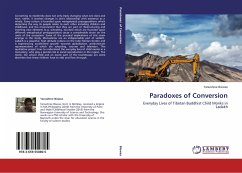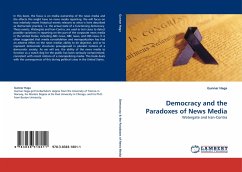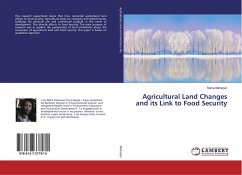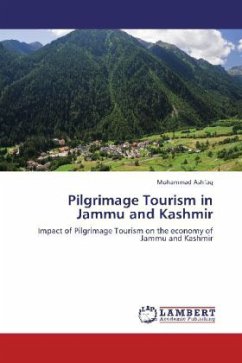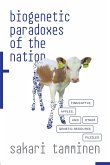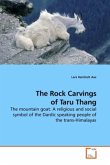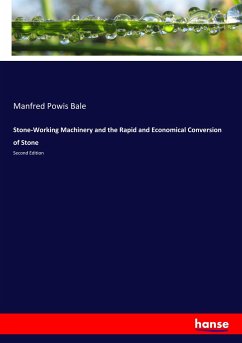Converting to modernity does not only imply changing what one does and how, rather, it involves changes in one's relationship with existence as a whole. Every culture is founded upon metaphysical presuppositions which determine the way its people relate to each other including children and childhood, and the environment that they are part of. Restructuring and inserting new elements (e.g. schooling, tourism) which are founded upon different metaphysical presuppositions cause a considerable strain on the roots of the ecosystem. Some of the practical implications of this strain emerge in this study. Monasteries are an indispensable part of Ladakh. Ladakh is a peaceful, high altitude culture on the Indo-Tibetan border and is experiencing accelerated growth towards globalisation, predominant representatives of which are schooling, tourism and television. This qualitative project tries to understand the everyday lives of child monks in a monastery, who play a pivotal role in social reproduction in the region. The monk, the school child and an exotic part of the touristscape are some identities that these children have to ebb and flow through.
Bitte wählen Sie Ihr Anliegen aus.
Rechnungen
Retourenschein anfordern
Bestellstatus
Storno

